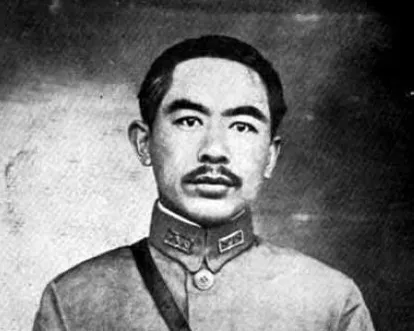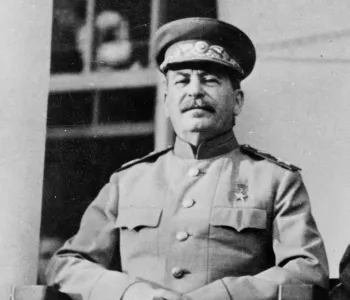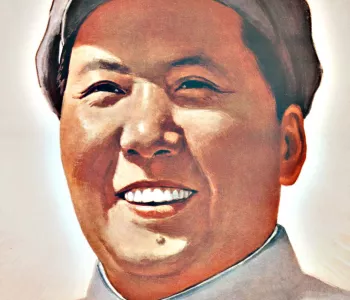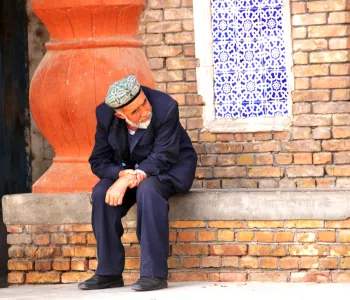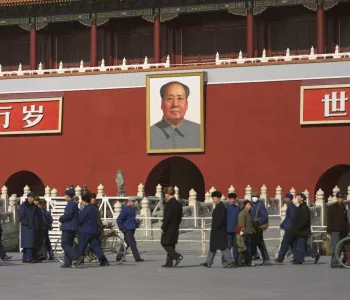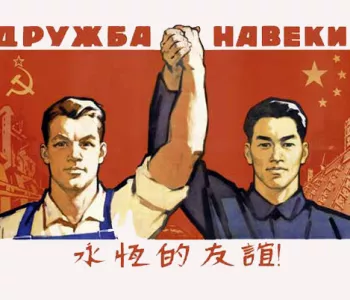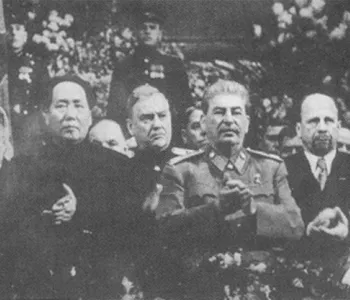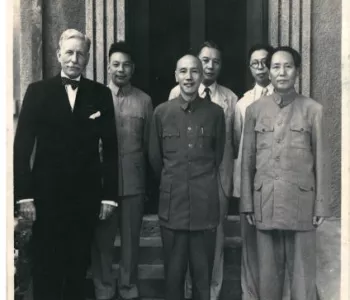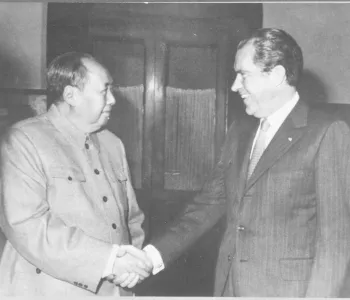This collection of Soviet records concerns the political and military turmoil in Xinjiang in the 1930s and 1940s. The records provide considerable details on the insurrection led by Ma Zhongying, Governor Sheng Shicai's relationship with Stalin, the establishment of the East Turkestan Republic (1944-1949) in northern Xinjiang, Soviet support for the Chinese Communist Party, and Sino-Soviet relations more generally, among other topics. The majority of the records in the collection were obtained by Jamil Hasanli for his 2015 bookSin'tszyan v orbite sovetskoy politiki: Stalin i musul'manskoye dvizheniye v Vostochnom Turkestane: 1931-1949: monografiya (Xinjiang in the Orbit of Soviet Politics: Stalin and the Muslim Movement in Eastern Turkestan, 1931-1949), later published in English as Soviet Policy in Xinjiang: Stalin and the National Movement in Eastern Turkistan (2021), as well as by Charles Kraus and Sergey Radchenko. See also the Digital Archive collection on "The Yi-Ta Incident, 1962." (Photo: Governor of Xinjiang Sheng Shicai.)
